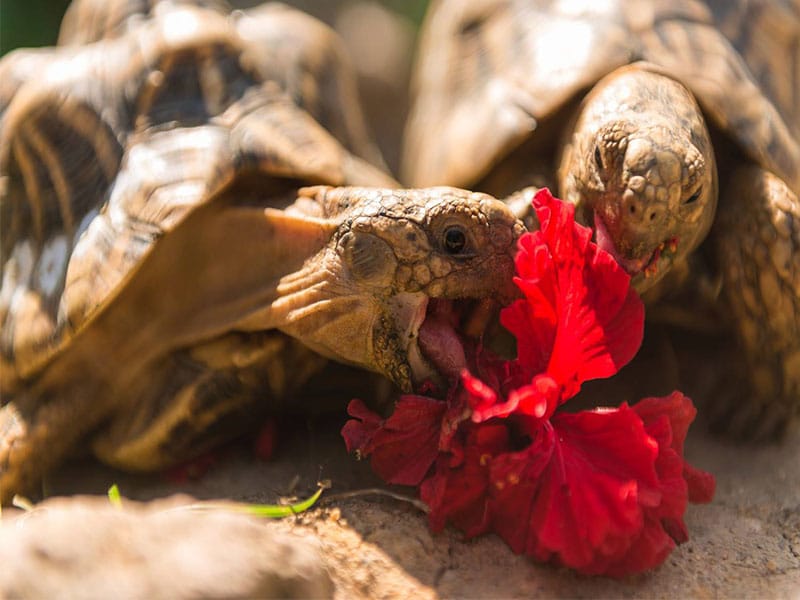One university holiday, Georgia Bisset spent a couple of weeks working at animal welfare group ACRES. During her time, she interviewed Anabarasi Boopal (“Anbu”) to draw attention to the great work the organisation does, to help get the message out there and hopefully to get some readers interested in volunteering or donating.
How did ACRES get started?
The first seeds of ACRES were sown when a baby chimpanzee named Ramba ran towards Singaporean Louis Ng and showed him her lips to check, as they were bleeding. She’d been punished for not sitting still while being trained for a photography session. Once Louis’s eyes were opened to how baby chimpanzees were permanently taken from their mothers for photos, and were sometimes harshly punished for not “behaving”, Louis became determined to end this cruelty, stop the chimp photography and reunite Ramba and two other baby chimpanzees, Poko and Gombe, with their mothers.
Louis realised that there was no group in Singapore tackling such issues, so he decided the only way forward to help Ramba, Poko and Gombe was to form a new animal protection group. In 2001, together with nine other Singaporeans who cared to make a difference, he founded ACRES, the Animal Concerns Research and Education Society.
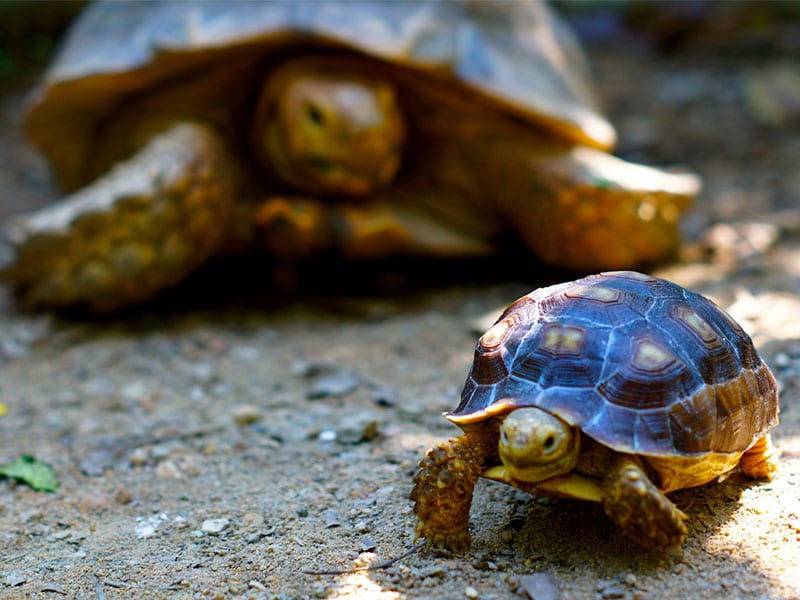
What does ACRES do?
ACRES is driven by our concern for animals. We speak up for animals by giving them a voice, and we carry out research projects on the use of animals in various fields. Research findings are then used to educate the public to promote active community involvement in the animal protection movement, as well as strive towards synergistic partnerships with authorities and related parties.
We strongly believe in promoting community involvement in addressing animal protection issues and in building partnerships with all related bodies to improve animal welfare.
We do this work through our focus areas: humane education, promoting a cruelty-free lifestyle, community outreach, wildlife rescue and rehabilitation, and tackling the illegal wildlife trade.
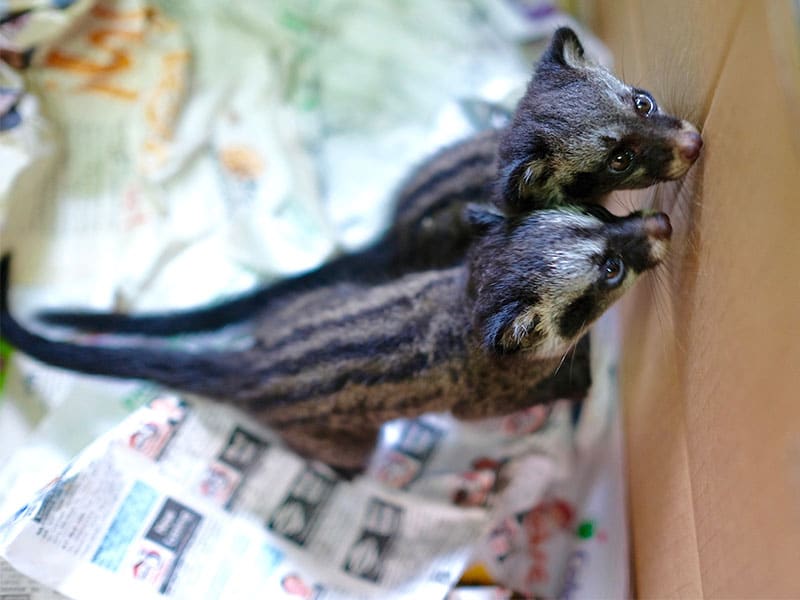
What challenges do you face?
The work of ACRES mainly involves raising awareness to change the overall mindset of society, to become a more compassionate one that treats all animals as sentient beings. We’re talking about individuals choosing to start a day with a toothpaste that isn’t tested on animals, about learning to co-exist with monkeys who may visit their homes, about choosing a more plant-based diet instead of an animal-based one, about adopting instead of purchasing a companion animal, about saying no to leather goods and choosing an alternative product, and so on. The challenge comes in the form of finding innovative ways to reach out to society to change something they may have done for a long time.
The other biggest challenge we face is raising the funds to continue our work. With 18 staff members running a facility that rescues over 300 animals a month and cares for over 150 rescued wildlife at any given time, and a 24-hour wildlife rescue hotline that handles over 700 cases a month, we spend around $60,000 or $70,000 a month, and it’s always a challenge to raise this on a monthly basis. We need more help to sustain our operations.
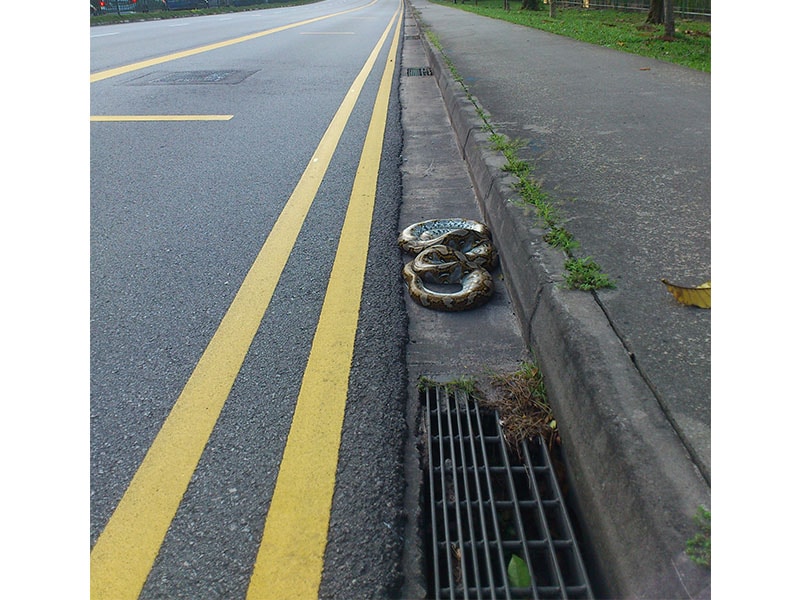
How can the public get involved or help out?
One way that individuals can help directly is to learn more about a cruelty-free lifestyle and adopt it. Choose clothing, food, products, entertainment that do not directly contribute to industrialised animal cruelty. Also, please say no to the wildlife trade, whether it’s live animals sold as pets or food, or for parts used in fashion or medicine. You can choose to play an active role by volunteering, donating to the cause (as mentioned, we need all the help possible!), or just by starting conversations on the issues that matter to you.
What are some common mistakes people make when dealing with wildlife?
Many of us are brought up being taught that certain wild animals are dangerous (snakes, large lizards, monkeys or wild pigs, for example); this can lead to people taking drastic measures to forcibly remove a “dangerous” animal without thought. Please, stand back and observe; appreciate from a distance, and notice how most of them freeze or slowly move off. They really mind their own business, so please don’t hurt or provoke them. Call ACRES if a wild animal is in distress. They aren’t pests; we can provide advice on what can be done next.
Never feed wild animals such as birds, monkeys or pigs; their behaviour will be altered and they will see humans as food sources, resulting in a human-wildlife conflict situation. Many monkeys have suffered from human feeding and have been put down because of the resulting conflict situations. Even indirect food provision through improper trash management will continue to lead to conflict situations.
If you find an abandoned young animal, don’t attempt a rescue. Call our 24-hour wildlife rescue hotline (9783 7782), take a photo if you can, and make a note of your location for advice. Usually the parents or mother will be around somewhere, and the young animal may not need rescue at all.
What’s New
After repatriating its first reptile back into the wild last year (Rahayu the Malaysian giant turtle), this year, ACRES will repatriate six more reptiles – four giant Asian pond turtles and two elongated tortoises – who have been victims of the illegal wildlife trade in Singapore. The animals will be making their way back to Malaysia to be free again. They include Boltz, an adult male giant Asian pond turtle who was rescued in 2011 when he was run over by a truck in Yishun.
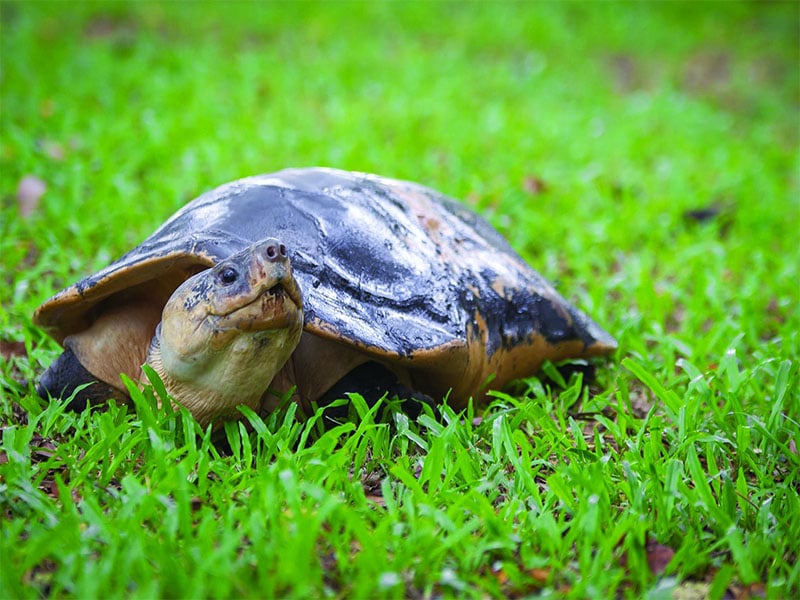
For more info, visit acres.org.sg or head directly to the volunteering page at acres.org.sg/volunteer
For more helpful tips head to our Living in Singapore section.
20 tops spots for nature lovers
Environmental news: Brilliant eco friendly products and services
This article first appeared in the June 2018 edition of Expat Living. You can purchase a copy or subscribe so you never miss an issue!
Don't miss out on the latest events, news and
competitions by signing up to our newsletters!
By signing up, you'll receive our weekly newsletters and offers which you can update or unsubscribe to anytime.

